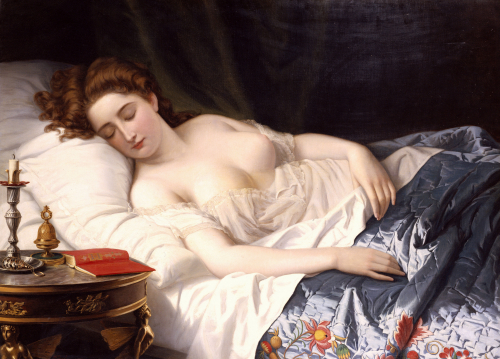
Cymbeline
Cymbeline (/ˈsɪmbɪliːn/), also known as The Tragedie of Cymbeline or Cymbeline, King of Britain, is a play by William Shakespeare set in Ancient Britain (c. 10–14 AD)[a] and based on legends that formed part of the Matter of Britain concerning the early historical Celtic British King Cunobeline. Although it is listed as a tragedy in the First Folio, modern critics often classify Cymbeline as a romance or even a comedy. Like Othello and The Winter's Tale, it deals with the themes of innocence and jealousy. While the precise date of composition remains unknown, the play was certainly produced as early as 1611.[1]
This article is about Shakespeare's play. For other uses, see Cymbeline (disambiguation).Sources[edit]
Cymbeline is grounded in the story of the historical British king Cunobeline, which was originally recorded in Geoffrey of Monmouth's Historia Regum Britanniae, but which Shakespeare likely found in the 1587 edition of Raphael Holinshed's Chronicles. Shakespeare based the setting of the play and the character Cymbeline on what he found in Holinshed's chronicles, but the plot and subplots of the play are derived from other sources.[3] The subplot of Posthumus and Iachimo's wager derives from story II.9 of Giovanni Boccaccio's The Decameron and the anonymously authored Frederyke of Jennen.[4][5] These share similar characters and wager terms, and both feature Iachimo's equivalent hiding in a chest in order to gather proof in Imogen's room. Iachimo's description of Imogen's room as proof of her infidelity derives from The Decameron,[b] and Pisanio's reluctance to kill Imogen and his use of her bloody clothes to convince Posthumus of her death derive from Frederyke of Jennen. In both sources, the equivalent to Posthumus's bracelet is stolen jewellery that the wife later recognises while cross-dressed.[6][7] Shakespeare also drew inspiration for Cymbeline from a play called The Rare Triumphs of Love and Fortune, first performed in 1582.[8] There are many parallels between the characters of the two plays, including a king's daughter who falls for a man of unknown birth who grew up in the king's court. The subplot of Belarius and the lost princes was inspired by the story of Bomelio, an exiled nobleman in The Rare Triumphs who is later revealed to be the protagonist's father.[5]
Stage adaptions[edit]
Prior to operatic adaptations only incidental music was composed. The first operatic adaption seems to be composed by Edmond Missa in 1894, under the title "Dinah"; American composer Christopher Berg composed another one, of which scenes were performed in 2009.[114]